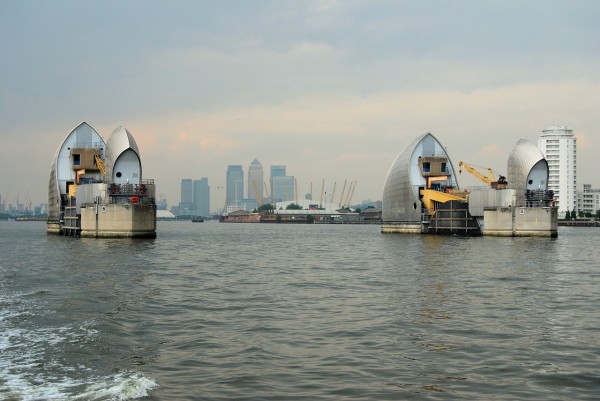Block Paving Blamed For Flooding

The flood risks posed by householders replacing softer surfaces with hard ones such as driveways and extensions; using granite setts instead of block paving.
Recent flooding in Birmingham and other parts of the UK has, it’s said, been part caused by the increased hard surface areas as towns and cities expand. Along with general increases in roads, paths and other hard surfaces, householders adding extensions and driveways to their homes – thus covering more ground with hard surfaces – are exacerbating flood risks.
The more hard surfaces such as roads, paths and driveways the less chance rainwater has to be absorbed naturally into the ground. Instead it runs off the surface and then it’s a question of whether the drains can cope; if they can’t then flooding can result.
The increase in the use of block paving was cited as a contributor to recent flooding in Birmingham. The trend for larger hard surface areas such as driveways and parking areas in the grounds of domestic homes instead of natural, absorbent surfaces such as grass and soil is adding to the flood risks – and block paving where water runs straight off doesn’t help.
A Liberal Democrat councillor serving the Perry Bar area of Birmingham, commenting on those recent floods, argued that planning for new developments should be more far reaching to include assessing flood risks of garden redevelopment such as new driveways and drainage.
Environmental planning, such as creating garden areas with green areas, roof gardens and absorbent hard surfaces so water can drain effectively, is one option being adopted in many built up areas throughout the UK. Improved drainage is another – a key cause of the Birmingham floods was the overflowing of a stream running alongside the M6 motorway that simply became too swollen.
Climate is a factor of course; generally the UK is subject to rain that falls in sharper and higher bursts which is the worst type for hard-pressed drains suddenly having to cope with sudden increases in water volume.
The multibillion Thames Tideway Tunnel – a 20 mile long tunnel running underneath the River Thames in London – is being constructed to help the capital’s nineteenth century sewers to cope with increased water run off as more and more or London and the surrounding area gets covered in hard surfaces.
More absorbent materials for certain common surfaces such as paths has been mentioned and is in use, but for driveways and hard standing areas a good alternative to block paving is granite – in particular granite setts.
Granite is a very hard wearing and durable material, and setts provide cubed or oblong shaped sections. The areas between sections can act as efficient water run off channels to help manage rainwater rather than the arbitrary way it would run off a completely hard surface such as blocked paved drive.
Granite also offers many options from an aesthetics viewpoint; for a start it has a naturally ‘weathered’ look although specific colour schemes can be chosen such as silver, grey or black basalt.
Before planning a new driveway or other hard surface construction, the implications on drainage and water management should be considered. Granite setts do make for a worthy option.
Chloe Cotton is editor-in-chief at The Happiest Homes, a leading UK digital home magazine.
